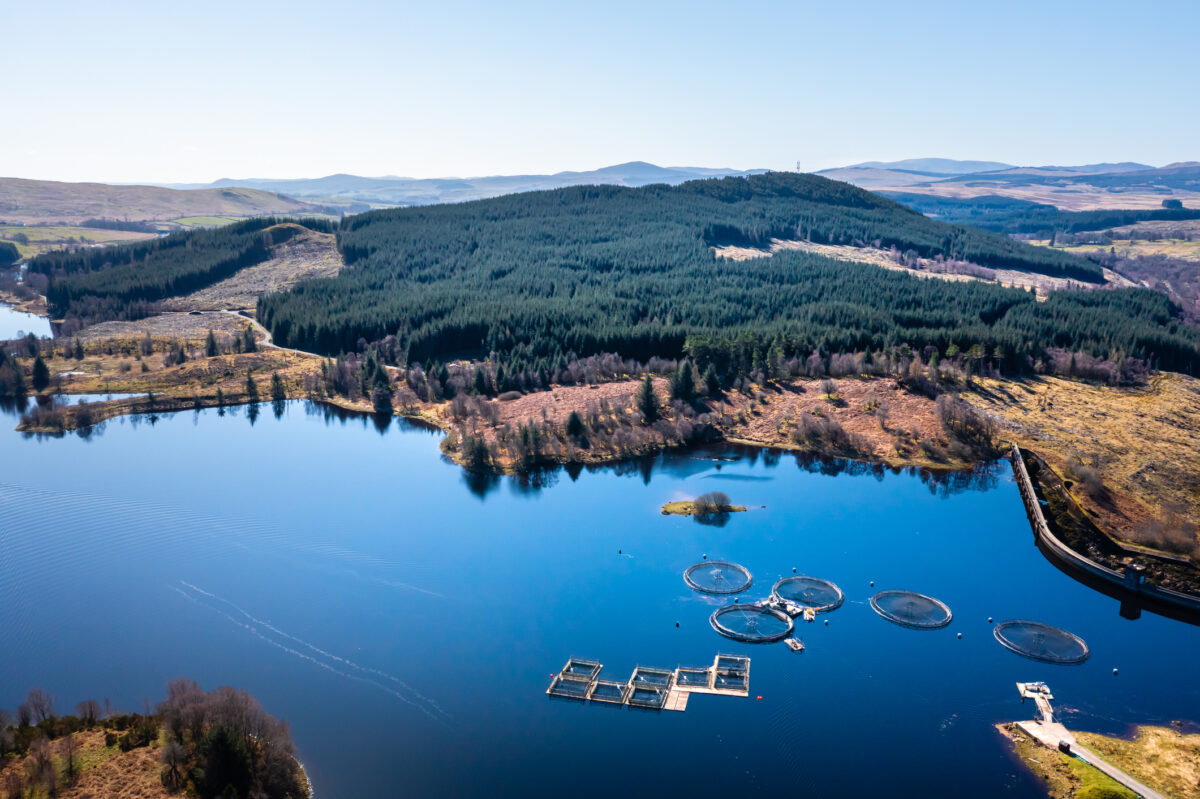Climate change will reduce omega-3 fatty acid content in aquatic food chain according to new research

Rising sea temperatures are decreasing the amount of omega-3 in plankton, which could impact the nutritional quality of food we consume from the ocean, a recent study shows.
This first ever survey of planktonic lipids in the global ocean, led by scientists at the Woods Hole Oceanographic Institution (WHOI), found a temperature-linked decrease in the level of omega-3 fatty acid production.
Lipids are a type of biomolecule produced and used by organisms for membrane structure, signalling, and to store energy. They make up about 10-20% of the plankton in the surface ocean according to the WHOI.
Researchers discovered that plankton living in colder areas of the sea (around -2°C) had lipids containing three times more unsaturated fatty acids in comparison to those in warmer (29°C) parts of the ocean.
This is due to the plankton lipid composition undergoing a process called ‘homeoviscous adaptation’. The lipids respond to their changing surrounding conditions “to ensure that membranes and other essential biological functions stay intact”, says the study.
This reduction in essential fatty acid content would negatively impact human health, as the fish and seafood we eat typically gain their essential fatty acid content from these plankton – which are the essential foundation of the aquatic food chain.
Omega-3 fatty acids are necessary for joint, skin, heart health and humans source them from food as our bodies can’t produce them. Oily fish is considered one of the best sources of omega-3.
As a result of this study, researchers have predicted the level of essential fatty acids in planktonic lipids will decrease further within the next century if sea temperatures continue to rise.
“The lipids in the ocean affect your life,” said research co-author Benjamin Van Mooy, Senior Scientist in WHOI’s Marine Chemistry and Geochemistry Department. “We found that the composition of lipids in the ocean is going to change as the ocean warms. That is a cause for concern. We need those lipids that are in the ocean because they influence the quality of the food that the ocean produces for humanity.”
He added that the research “is another example of how human activities are perturbing the oceans in ways that we never expected, and of the uncertainty of how the ocean is going to respond to warming.”
Find out how journalist, author and activist George Monbiot thinks we urgently need to transform our food system and how we might do it in this Food Matters Live podcast:








